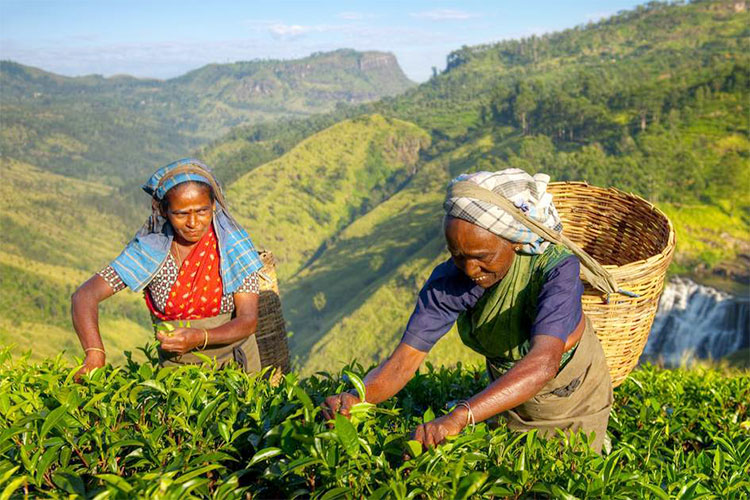The future potential of the tea industry in Sri Lanka can be understood by analyzing the strengths, weaknesses, opportunities, and threats as outlined in the provided context:
- Strengths:
- Sri Lanka has a nearly perfect climate for tea production.
- There is a historical skills base in the country.
- Good supporting infrastructure is in place.
- The country has a worldwide reputation for its tea.
- Presence of research and development (R&D) institutes.
- Knowledge of current markets.
- Opportunities:
- There is a growing interest in tea as a natural and healthful beverage.
- The tea industry can reinforce its competitive position by providing premium products.
- Opportunities exist to create additional value through branding, strategic alliances, and closer linkages to consumers.
- The industry can maintain its position as the world export market leader for quality tea by being responsive to changing consumer needs.
- Innovation in products and services to meet consumer needs can generate prosperity throughout the industry value chain.
The context also suggests that the future of the agricultural sector, including the tea industry, lies in intensified production due to limited land availability and the need to make land use more productive through sustainable capital investment. Additionally, the deregulation process and the inclusion of industry stakeholders in decision-making can increase investor confidence in the future sustainability of the Sri Lankan tea industry.
What are the laws applicable to tea plantations in Sri Lanka
The laws applicable to tea plantations in Sri Lanka include, but may not be limited to, the following:
- Sri Lanka Tea Board Law No. 14 of 1975: This law establishes the Sri Lanka Tea Board, which is responsible for the development and regulation of the tea industry in Sri Lanka. It includes provisions related to the promotion, sale, and quality control of tea.
- Inland Revenue Act No. 24 of 2017: This Act governs the taxation of income in Sri Lanka, including income derived from tea plantations. It outlines the tax obligations and rates applicable to individuals and companies engaged in the tea industry.
- Value Added Tax Act No. 14[E] of 2002 (Consolidation 2014): This Act provides information on the Value Added Tax (VAT) implications for goods and services in Sri Lanka. Locally manufactured machinery used for the tea industry and identified by the Sri Lanka Tea Board may have specific VAT implications.
- Other relevant agricultural and export regulations: Tea plantations may also be subject to various agricultural regulations, export duties, and quality standards that govern the production and sale of tea both domestically and internationally.
What are the taxes applicable to tea business in Sri Lanka?
In Sri Lanka, the tea business is subject to several taxes, which may include:
- Value Added Tax (VAT): As per the Value Added Tax Act No. 14[E] 2002 (Consolidation 2014), tea purchased for sale within Sri Lanka may be subject to VAT. However, there have been provisions for deferring the payment of tax on tea supplied prior to January 1, 2005, by manufacturers to registered brokers for sale at the Colombo Tea Auction.
- Income Tax: According to the Inland Revenue Act No. 24 of 2017, income from tea businesses would be subject to income tax. The rate and applicability would depend on the specific circumstances of the business, such as the level of income and the nature of the activities.
- Other Levies and Duties: There may be other specific levies or duties applicable to the tea industry, such as export duties or cess, which are not detailed in the provided context but are commonly applied to agricultural commodities in many countries.

